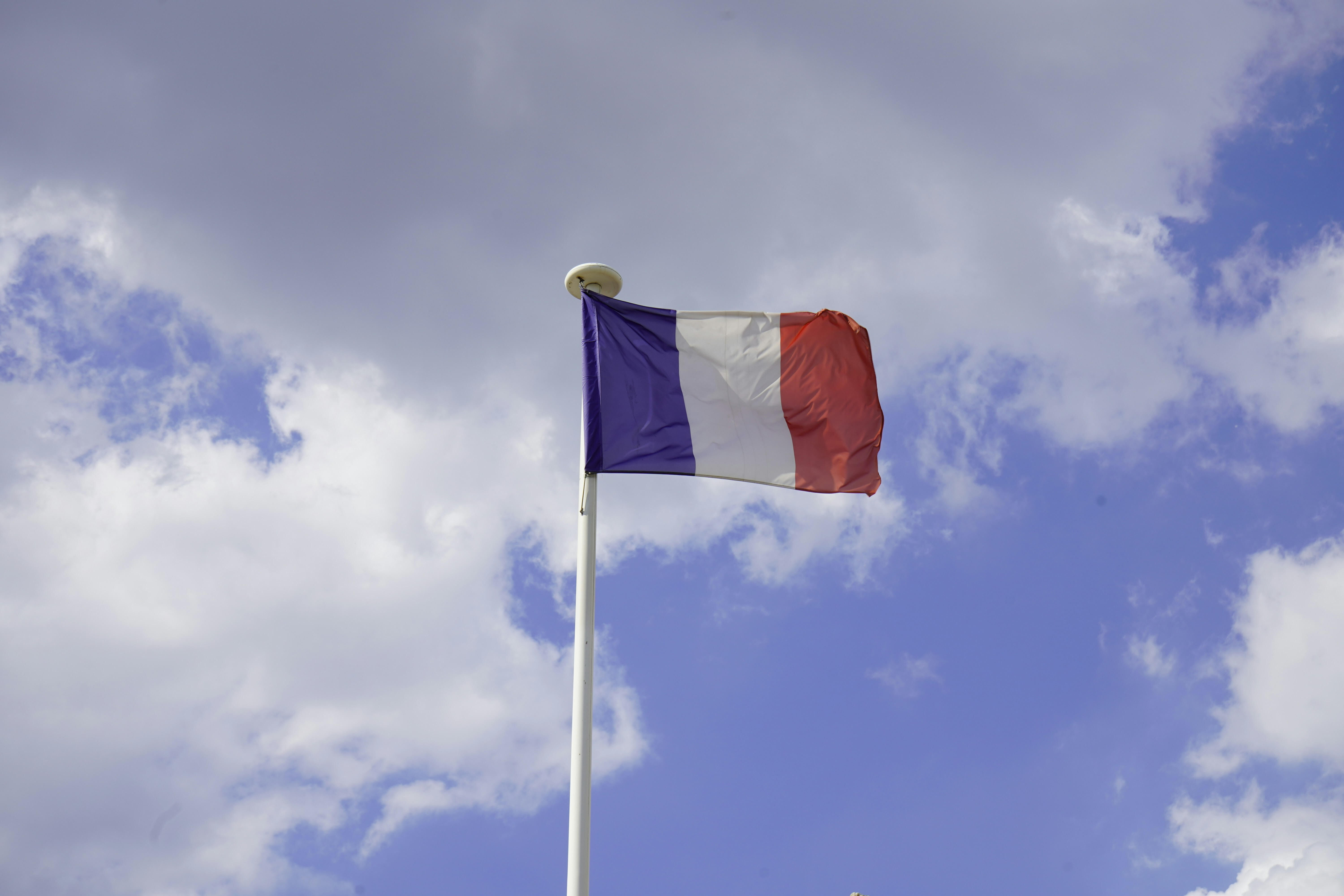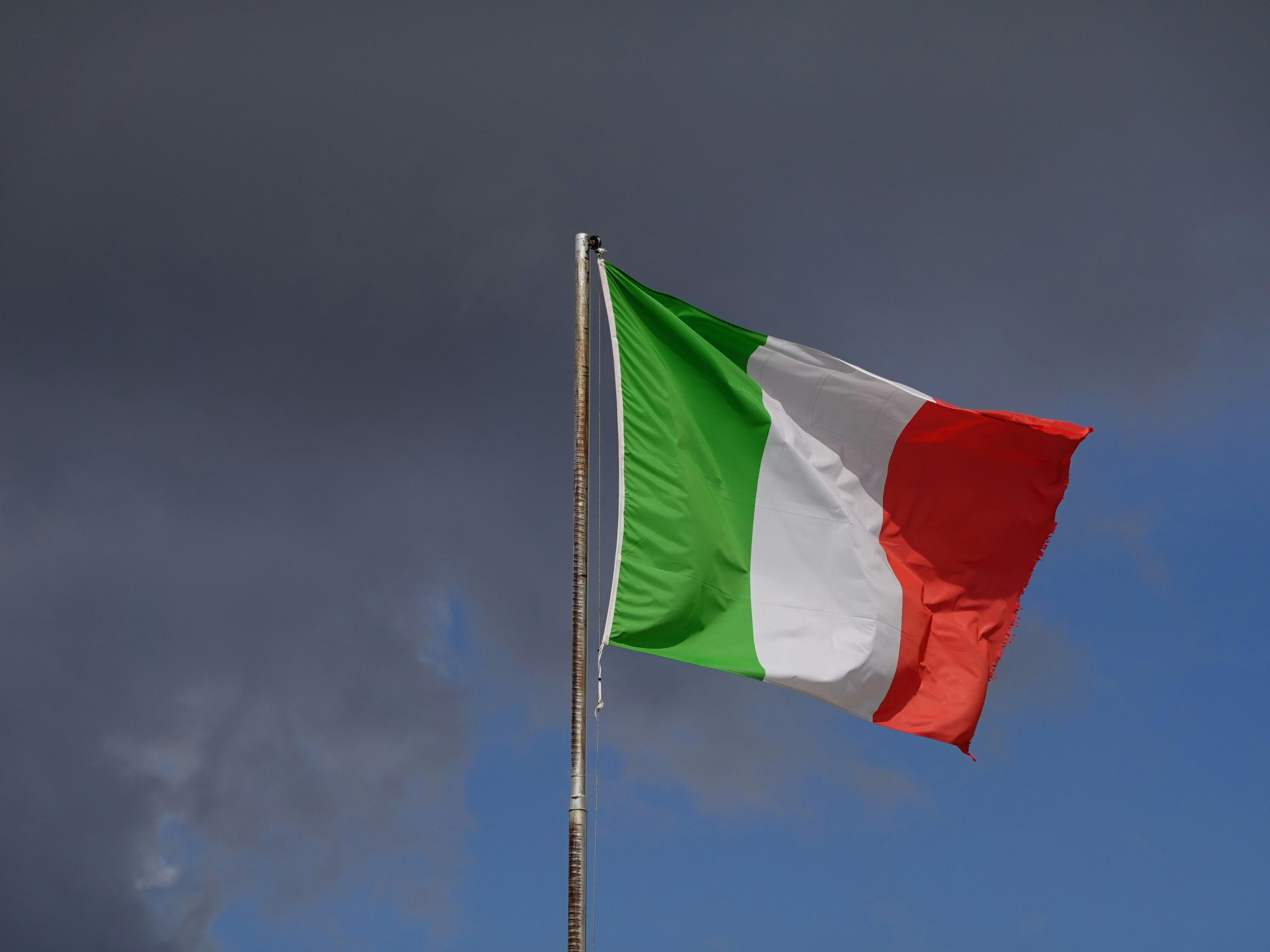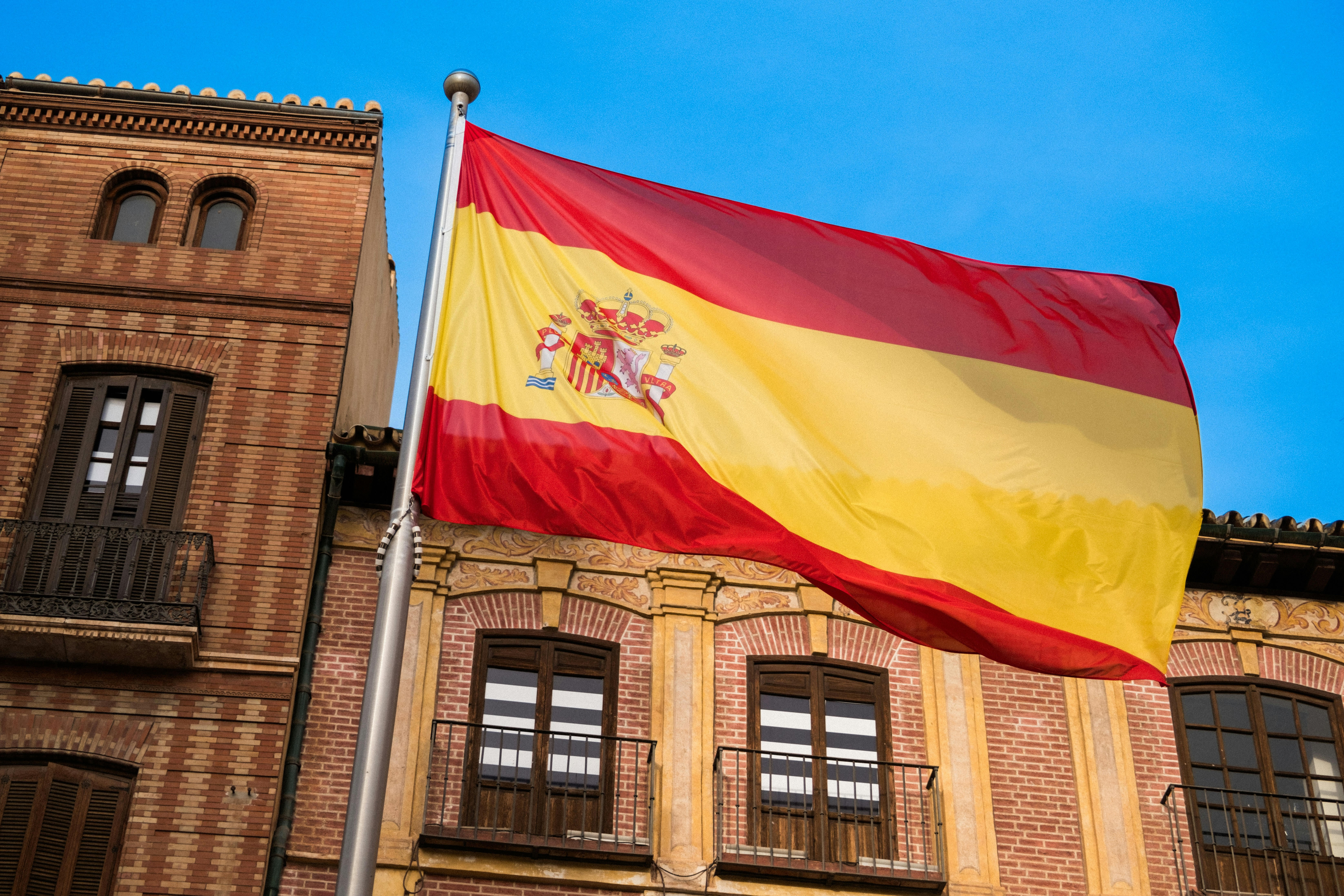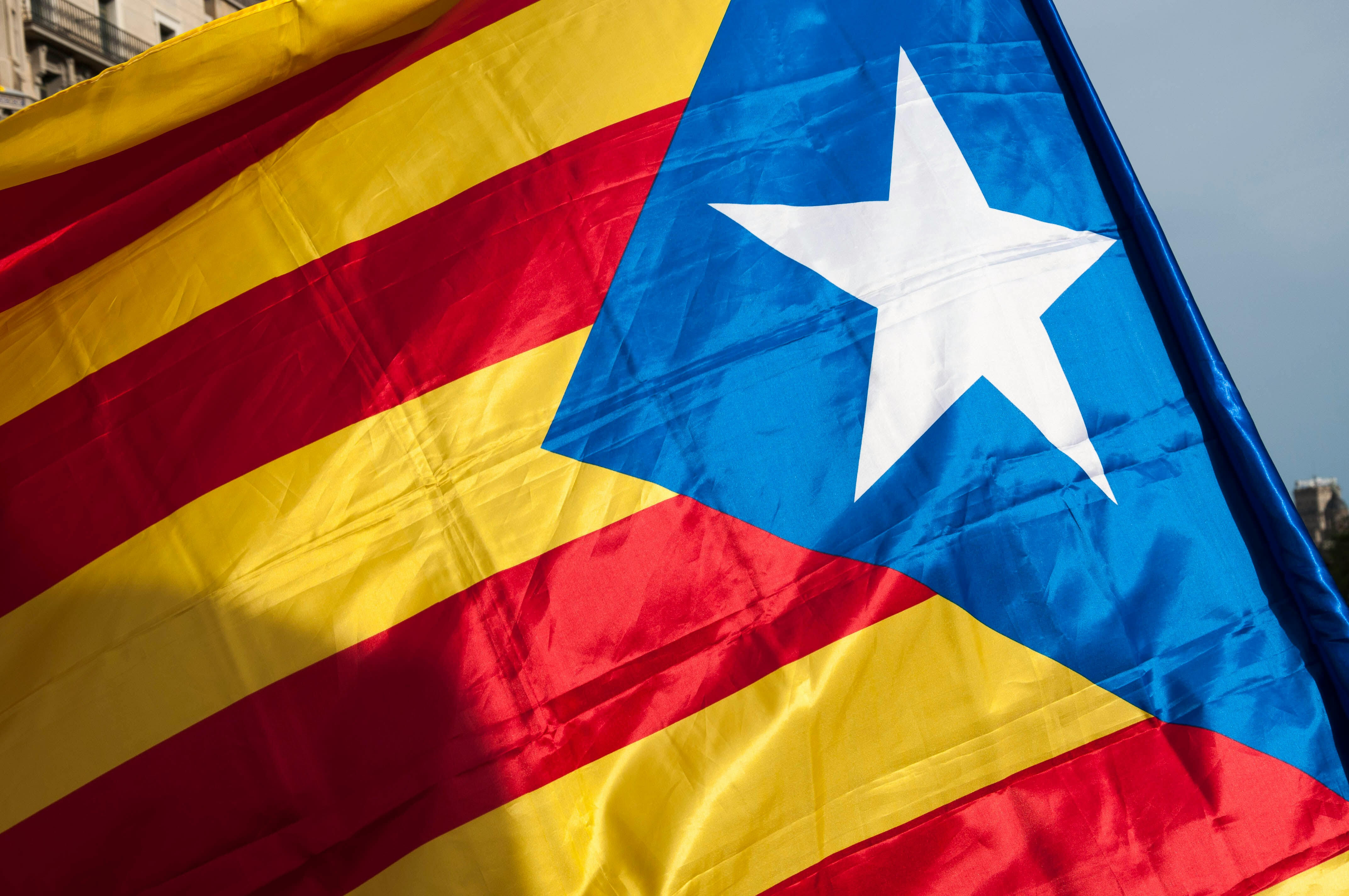If you speak these languages, you should learn French
Posted by Josh on 15th Jan 2025 in the blog in the learning french category
At Learn French With Alexa, we always like to say learning French is easy when you know what you’re doing, especially if you stick to following a structured course.
But it’s even easier if you already speak a similar language. (And if you’re reading this, there’s a strong chance you do!)
Having prior knowledge of a similar language means you’ll already be familiar with many of the ingredients which make up the French language. Understanding French word order and general syntax will feel like second nature, and you’ll be able to understand even advanced vocabulary without recourse to a dictionary.
Why are these languages so similar? The answer is because, with the exception of the last language on this list, they are all what we call Romance languages. This is the name for the language group whose common ancestor is Latin, meaning they each share the same linguistic foundations. These languages are concentrated mainly in southern and western Europe and Latin America.
You can see the lexical similarity between the different Romance languages here. Lexical similarity refers to the vocabulary two languages have in common, taking into account words which are different but have the same common root.
There are also non-Romance languages that share some similarities with French, chiefly because they have been influenced by the French language. Moroccan Arabic, for example, makes use of French loanwords such as 'garage' (كراج) and 'banque' (بنك), although for many of these words the pronunciation has changed to accommodate the sound patterns common in Arabic.
Read on to discover some of the closest languages to French.
Italian
To hear them spoken, Italian and French might not sound as similar as they really are. As any French learner will know, la langue française is full of silent letters, while Italian has virtually none. But to see both languages written down, side by side, is to notice just how much they have in common.
If you can speak Italian, you’ll find French very approachable. Much of the basic vocabulary is very similar between both languages, including articles, common verbs and even certain turns of phrase. The ways of saying goodbye in both languages, au revoir and arrivederci, for instance, when translated literally mean the same thing: ‘to the re-seeing’.
Spanish
France and Spain are contiguous countries, so it’s perhaps unsurprising that their languages are very similar. However, Latin underwent different changes in what we now call Spain than it did in France. The digraph ‘qu’ became a ‘cu’, for instance, although it’s pronounced the same, while certain new sounds were introduced such as the jota and the rolled r, although the dieresis (the ¨ symbol, known as a trema in French and found in words such as Noël) shows up in both languages. Spanish also has a lot of Arabic loanwords owing to the medieval Moorish conquests of Spain, thanks to its history. While it's true that various Arabic loanwords are also found in French, these tend to be more recent additions to the language and more commonly found in slang or casual parlance. Still, the similarities between both languages are enormous.
Portuguese
European Portuguese has more in common with French than its Brazilian counterpart, especially when it comes to pronunciation. The letter ‘r’ is pronounced the same in both languages, for example (at least when it’s at the start of a word in Portuguese), and the ‘j’ is also pronounced softly in both. That said, even Brazilian Portuguese is partly intelligible to French speakers, and vice versa, as both languages have a lot in common, being direct descendants of Latin. Given that Portugal is further away from France than Spain is, however, Portuguese is understandably less similar than Spanish, although both are offshoots of the West Iberian Romance language family.
Catalan
Catalan is even closer to French than Spanish. This language, spoke in the Catalonia region of Spain, shares a lot in common with French, such as the peculiar (and for many learners difficult) way of expressing negative statements, 'no-pas' (like French's 'ne pas'). Much of the lexicon is similar in both languages, even if it is often spelt differently, and silent letters are common in both.
English
Unlike the other languages on this list, English isn’t a Romance language but a Germanic language. Yet while many words in French come from Latin, many words in English actually come from French itself. When the Normans conquered England in 1066, they brought their language with them, and it filtered into different areas of the common language, especially the legal, ecclesiastical, political and culinary parts. As a result, around 30% of the English language is derived directly from French (including five of the words in this sentence).
Like European Portuguese, British English is closer to French than its American cousin. Think for instance of how Brits use the French words 'aubergine' and 'courgette' while Americans opt for 'eggplant' and 'zucchini', or how the often longer spelling of British English words ('honour', 'calibre', etc.) more closely resembles their French origins.
Check out some of our other blog posts!
French puns to make you laugh
Posted on by Josh in the learning french categoryHave you heard any of these puns before?
Read moreLearn French with Alexa now on Lessonflix
Posted on by Kafi in the updates categoryYour favourite French teacher is now on Lessonflix! Learn French with Alexa online video lessons can now be streamed on Lessonflix.
Have fun learning French Today
People from all over the world enjoy learning French with Alexa Polidoro’s popular French audio and video lessons.







